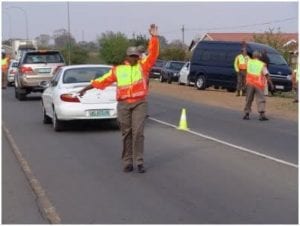The Organisation Undoing Tax Abuse (Outa) says road safety in South Africa needs urgent help but the Administrative Adjudication of Road Traffic Offences Amendment Bill (Aarto) is not the answer.
The organisation believes that the proposed changes to the Aarto Bill are impractical, irrational and legally flawed. According to Rudie Heyneke, Outa Portfolio Manager for Transport, the organisation will legally challenge the bill if it is passed in its present form. “Outa firmly believes that motorists’ behaviour must be addressed to reduce fatal road accidents. However, our analysis of the amended Bill indicates that it is less about road safety and more about generating revenue through a complicated and administratively unworkable system,” Heyneke says.Unpaid e-tolls prevent license renewals
Some of the concerns Outa has with the Bill include that it links e-toll defaulters to the traffic fines management system, by making failure to pay e-tolls a failure to obey the road signs which list the toll charges. This means that every unpaid e-toll charge may be regarded as a traffic infringement and result in a demerit point for each gantry pass. “Within days, a frequent user of the GFIP freeway will accumulate more than 12 demerit points and will have his licence suspended and ultimately cancelled, as it will not be possible to ‘work off’ that many demerit points. This is a cheap shot by the Legislature to bully motorists into paying e-tolls,” Heyneke explains.






